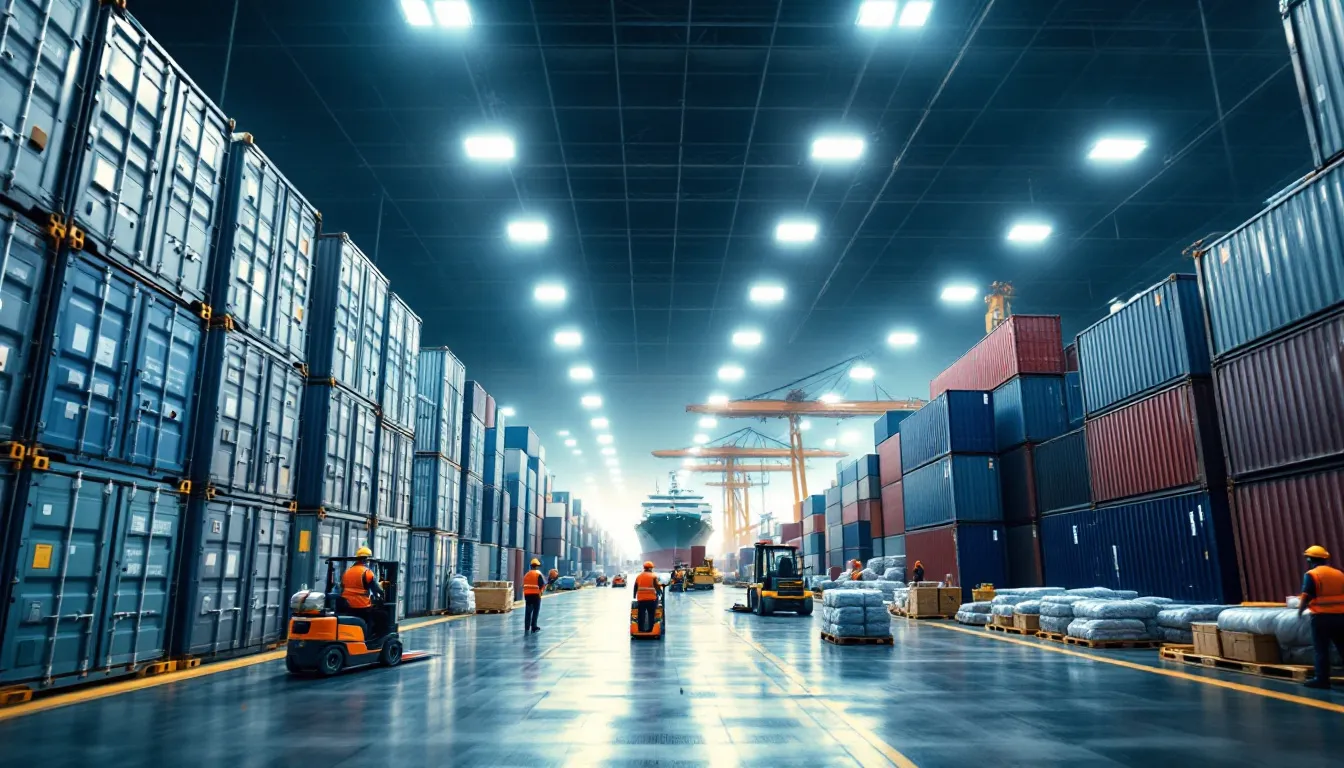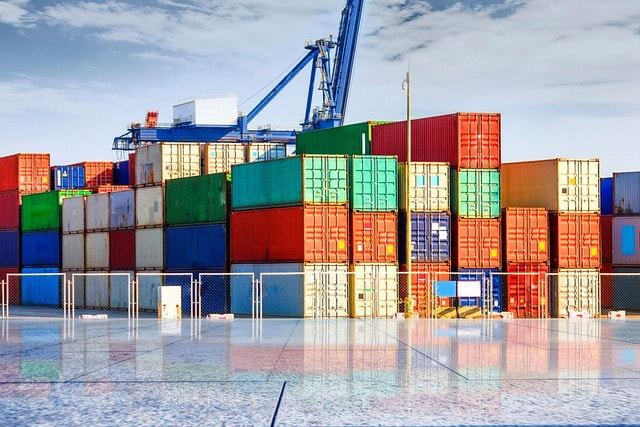Introduction to International Logistics in Guyana
International logistics Guyana plays a pivotal role in connecting this South American nation to global markets. As businesses in Guyana expand internationally, efficient international logistics operations become critical to managing the transportation process, meeting customer demand, and optimizing supply chains. International logistics encompasses the coordination of physical goods, shipments, customs brokerage, and regulatory compliance across multiple countries, ensuring that raw materials and finished products flow smoothly through international borders.

The Importance of International Logistics Operations
International logistics operations involve a complex network of activities that include inventory management, freight forwarding, cross border shipping, and managing shipping documentation such as packing lists and customs procedures. For companies operating in Guyana, understanding the international logistics process is essential to avoid costly delays and maintain customer satisfaction. This process requires expertise in handling multiple modes of transportation, including trucks, ships, and air freight, to deliver shipments at the right price and on time.
Challenges in International Shipping and Trade
Navigating international shipping from Guyana involves overcoming challenges such as regulatory compliance with international laws, environmental regulations, and trade agreements that impact the global supply chain. Shipping hazardous materials, managing reverse logistics, and coordinating with multiple carriers add layers of complexity to the transportation process. Additionally, time-consuming customs procedures and the need for accurate tracking information can affect the smooth flow of goods, making it essential for logistics teams to have robust support services.

Optimizing Supply Chains for Guyana Businesses
Optimizing supply chains in Guyana requires a strategic approach to supply chain management that leverages global logistics expertise. Businesses must coordinate closely with suppliers, freight forwarders, and customs brokerage services to minimize shipping costs and avoid delays. By integrating advanced logistics solutions and technology, companies can enhance inventory management, streamline transportation, and improve communication across the international supply chain. This optimization ultimately helps local businesses stay competitive in international markets and better meet the demands of the end consumer.
The Role of Customs Brokerage and Regulatory Compliance
Customs brokerage is a critical component of international logistics in Guyana, ensuring that shipments comply with customs procedures and international laws. Efficient customs clearance reduces the risk of costly delays and penalties, facilitating faster delivery to customers. Logistics teams must stay updated on trade agreements and environmental regulations that affect shipments, especially when dealing with multiple countries. Adhering to these regulations is vital for maintaining smooth international logistics operations and supporting the overall transportation process.

Leveraging Support Services and Logistics Teams
Support services inc are indispensable for companies engaged in international logistics Guyana. These services provide expertise in managing shipments, coordinating multiple carriers, and handling documentation required for cross border shipping. Skilled logistics teams work collaboratively to address challenges such as hazardous materials handling and reverse logistics, ensuring that shipments reach their destination efficiently. By relying on these support services, businesses can focus on expanding internationally while maintaining high levels of customer satisfaction.
International Logistics FAQs: Addressing Common Concerns
Many companies new to international logistics have questions about the process. Common international logistics FAQs include inquiries about shipping costs, how to handle customs procedures, managing inventory across borders, and the best practices for tracking shipments. Understanding the complexities of international transportation and the global supply chain helps businesses make informed decisions, avoid delays, and provide more value to their customers.

Conclusion: Staying Competitive in Global Markets
In conclusion, international logistics Guyana is a critical factor for businesses aiming to thrive in international markets. By mastering the international logistics process, optimizing supply chains, and leveraging expert support services, companies can overcome challenges related to customs brokerage, regulatory compliance, and transportation. This comprehensive approach ensures that physical goods move efficiently across international borders, meeting customer demand and enhancing overall business performance. With the right logistics solutions, businesses in Guyana can confidently navigate global logistics and deliver exceptional service to the end consumer.
